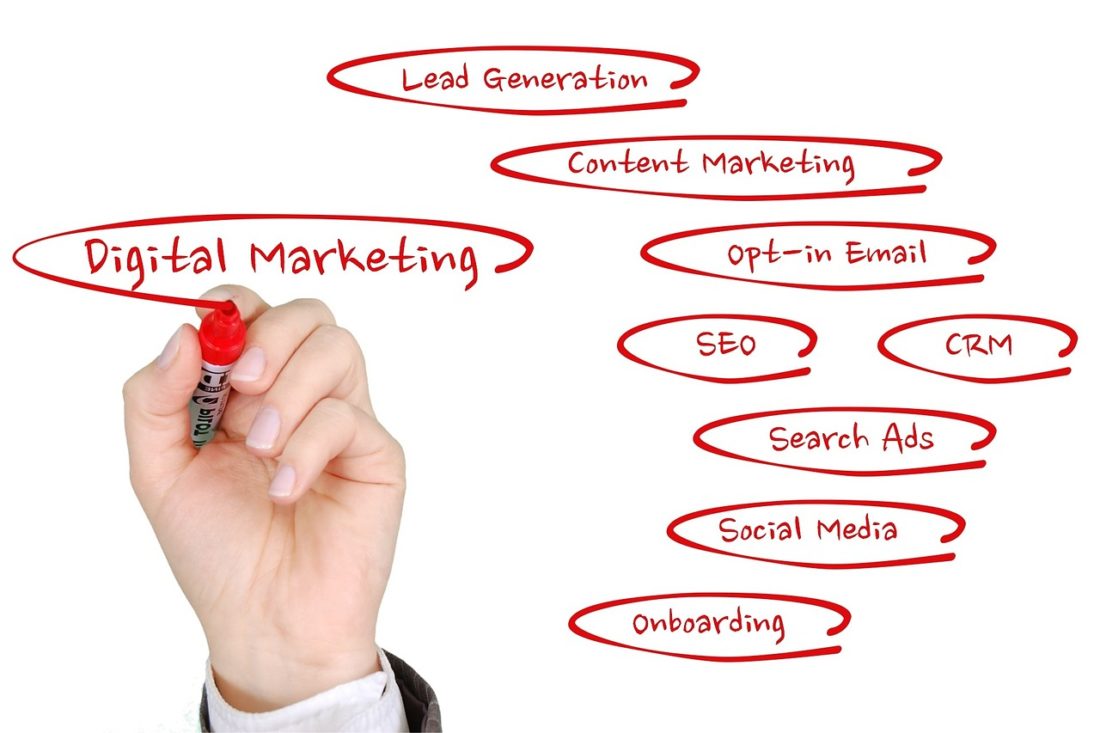
In today’s fast-paced and interconnected world, digital marketing has become an essential component of any successful business strategy
With the rapid advancement of technology, the landscape of marketing has transformed significantly. This article explores the evolution of digital marketing and how businesses can effectively harness technology to drive growth
1. The Rise of Digital Marketing:
The advent of the internet revolutionized marketing by providing new platforms and tools for businesses to reach their target audience. From the early days of email marketing and banner ads to the explosion of social media and search engine optimization (SEO), digital marketing has undergone a dramatic shift. This section delves into the key milestones and trends that have shaped the digital marketing landscape.
2. Embracing Data-Driven Strategies:
One of the most significant advantages of digital marketing is the wealth of data available for analysis. Businesses can leverage this data to gain valuable insights into consumer behavior, preferences, and trends. By harnessing advanced analytics tools and techniques, marketers can make informed decisions and develop targeted campaigns that resonate with their audience. This section explores the importance of data-driven strategies in achieving marketing success.
3. Personalization and Customer Experience:
With the abundance of information available online, consumers have become more discerning and expect personalized experiences from brands. Digital marketing allows businesses to deliver tailored messages and experiences to individual customers, creating a sense of connection and relevance. From personalized email campaigns to dynamic website content, this section discusses the role of personalization in enhancing the customer experience.
4. The Power of Social Media:
Social media platforms have emerged as powerful marketing channels, enabling businesses to engage directly with their target audience. From Facebook and Twitter to Instagram and LinkedIn, each platform offers unique opportunities for brands to build relationships, increase brand awareness, and drive conversions. This section explores the various ways businesses can leverage social media to amplify their marketing efforts.
5. Automation and Artificial Intelligence (AI):
As technology continues to advance, automation and AI have revolutionized digital marketing. Chatbots, machine learning algorithms, and predictive analytics have streamlined marketing processes and enhanced efficiency. This section delves into the benefits of automation and AI in digital marketing, including improved customer service, personalized recommendations, and predictive modeling for better campaign performance.
6. The Future of Digital Marketing:
Looking ahead, the future of digital marketing holds exciting possibilities. Emerging technologies such as virtual reality (VR), augmented reality (AR), and voice search are poised to reshape the marketing landscape. This section discusses the potential impact of these technologies and provides insights into how businesses can stay ahead of the curve.
Conclusion:
Digital marketing has evolved significantly over the years, driven by technological advancements and changing consumer behavior. Businesses that adapt and embrace the power of technology can harness the full potential of digital marketing to drive growth and stay ahead of the competition. By leveraging data-driven strategies, personalization, social media, automation, and emerging technologies, businesses can navigate the ever-changing digital marketing landscape and achieve long-term success.

